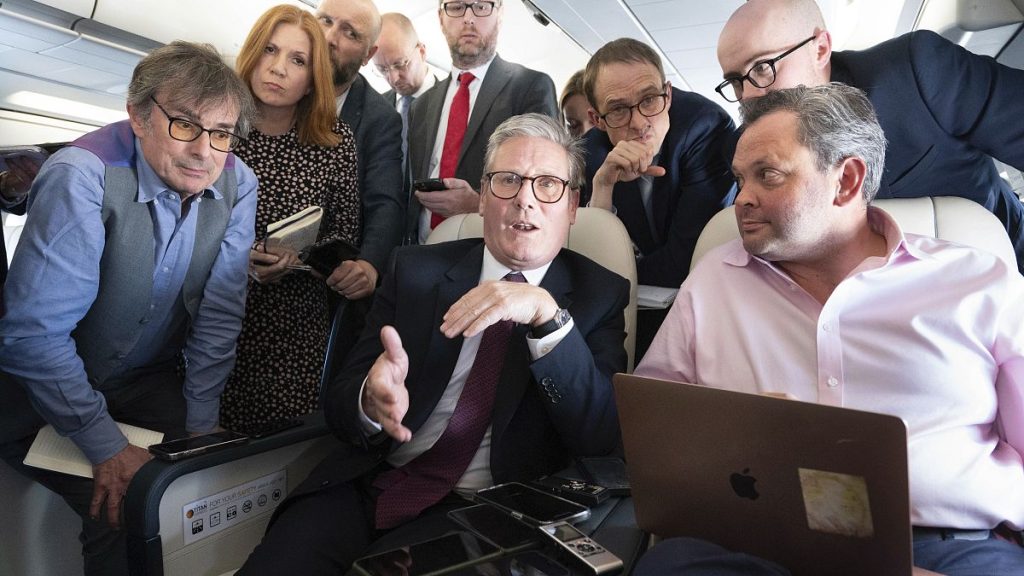British Prime Minister Keir Starmer made comments saying that Russia started the war in Ukraine and could end it immediately. He stated that Ukraine has a right to self-defense and that the UK had provided training and capability to help Ukraine combat Russian troops. This came after it was revealed that the US and UK had agreed to allow Ukraine to use partly British-made Storm Shadow missiles to strike deeper into Russia. Russian President Vladimir Putin warned that this would constitute direct participation by NATO countries in the conflict, leading to potential threats against Russia.
Ukrainian President Volodymyr Zelenskyy met with leaders of the Baltic States in Kyiv to discuss strengthening military and technical cooperation amidst ongoing hybrid attacks from Belarus. The leaders discussed the importance of pushing away red lines and allowing Ukraine to use Western-provided weapons against military targets on Russian soil. The President of Estonia, Alar Karis, pledged military assistance and highlighted Estonia’s commitment to allocating 0.25% of GDP to Ukraine’s defense needs every year. Zelenskyy emphasized that for the war in Ukraine to end, uncomfortable questions needed to be addressed regarding the origins of weapons being used in the conflict.
The British newspaper The Guardian reported that the US and UK had agreed in closed-door discussions to permit Ukraine to use Storm Shadow missiles to target sites deeper inside Russia. Russian President Putin warned that this would signify direct involvement by NATO countries in the conflict, prompting potential threats against Russia. Putin claimed that the use of long-range Western precision weapons could only be done with the involvement of NATO personnel and satellite data, changing the essence of the conflict and requiring Russia to make appropriate decisions in response to the threats.
The leaders of Ukraine and the Baltic States discussed the importance of strengthening military and technical cooperation in the face of ongoing hybrid attacks and drone activity. The Baltic leaders emphasized the need to push aside red lines and allow Ukraine to use Western-supplied weapons against military targets on Russian soil. Zelenskyy highlighted the support received from Estonia in allocating funds for Ukraine’s defense needs and emphasized the need to address uncomfortable questions about the global origins of weapons used in the conflict. Zelenskyy continued to advocate for permission to use Western-supplied weapons to strike inside Russia, while acknowledging the complexities and challenges in ending the conflict.
Overall, the escalation of tensions in Ukraine highlights the need for international cooperation and support for Ukraine’s defense efforts against Russia. The involvement of NATO countries in providing weapons to Ukraine raises concerns about increased threats and potential consequences. The leaders of Ukraine and the Baltic States emphasize the importance of solidarity in addressing security challenges and the need to push aside red lines to support Ukraine’s defense efforts. Despite ongoing challenges and complexities, efforts are being made to strengthen military and technical cooperation and provide necessary assistance to help Ukraine combat Russian aggression. The situation remains fluid, with ongoing discussions and decisions being made to address the evolving conflict dynamics.













